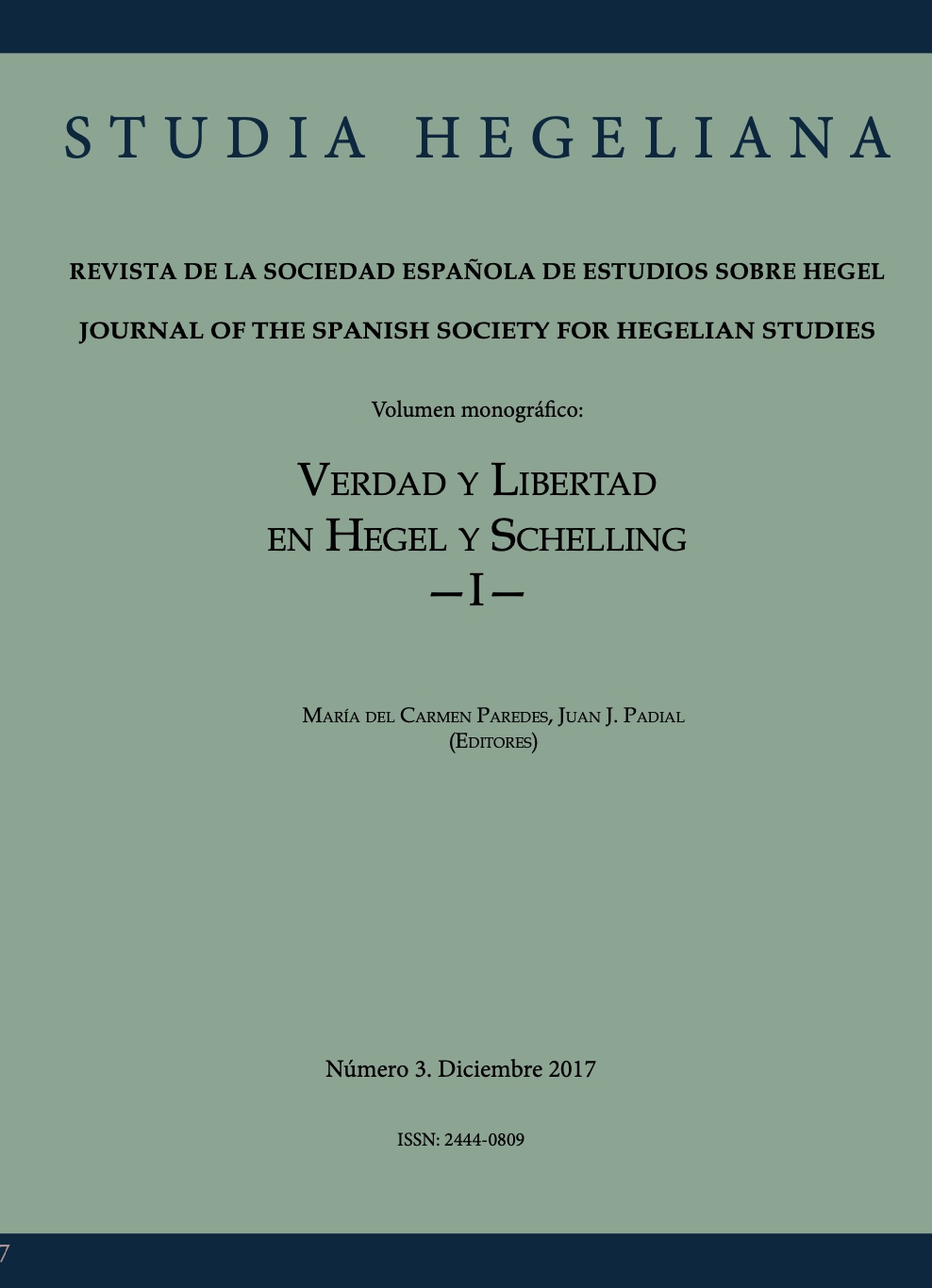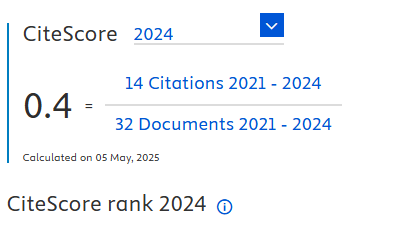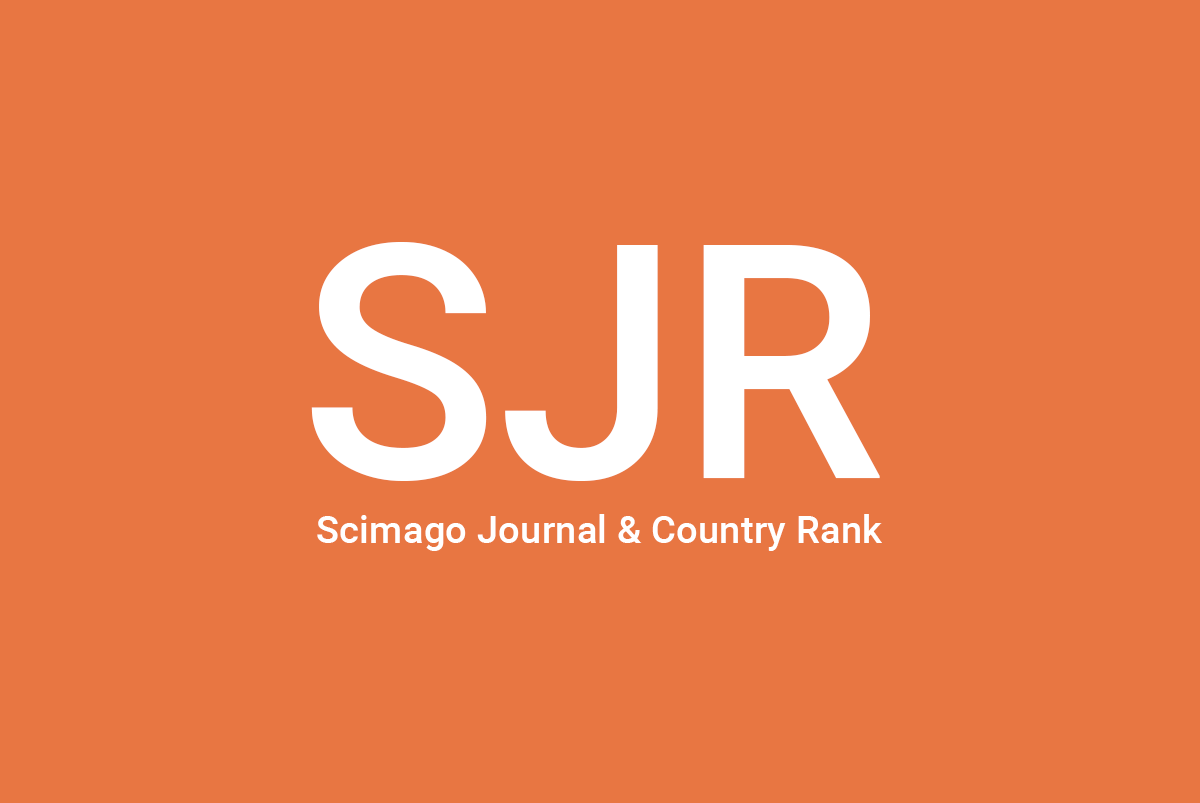Recognition and solidarity
DOI:
https://doi.org/10.24310/Studiahegelianastheg.v3i.11421Keywords:
LOVE, ETHICAL LIFE, INTERSUBJETIVITY, SOCIAL CONSCIOUNESSAbstract
Hegel has provided us with different assertions about his theory of recognition, which is in itself a process encompassing various phases. His theory has been also subject to many interpretations and receptions, all of them contributing to a variaety of views about that theory, depending on the statements and or phases which were emphasized. In fact, these so many interpretations are diverse, according to the central aspect considered, be it either the lordship and bondage struggle, the notion or the movement of recognition as such, the grounding of ethics and institutions of ethical life, etc. Here it is not our aim to work out a new interpretation, but just to stress the elements that can suggest a contribution to solidarity. Certainly, a theory of recognition is not a theory of solidarity, but in Hegel it is not difficult to discover points of convergence and affinities.
Downloads
Metrics
Publication Facts
Reviewer profiles N/A
Author statements
Indexed in
-
—
- Academic society
- N/A
- Publisher
- Universidad de Málaga
References
Philosophie und Wissenschaften, hrsg. v. H.J. Sandkühler, 4 vols. Hamburgo:
Meiner, 1990, vol. I, pp. 128-131.
Amengual, Gabriel (2000), «Individualismo y comunitarismo en la Filosofía del
Derecho de Hegel», in: Mariano Álvarez Gómez / M. del Carmen Paredes
Martín (eds.), Razón, libertad y Estado en Hegel. I Congreso Internacional
de la Sociedad Española de Estudios sobre Hegel. Salamanca, 5-9 mayo
1998. Salamanca: Ed. Universidad, 2000, pp. 49-58.
Aristóteles, Etica nicomáquea, en Etica nicomáquea. Etica eudemia.
Traducción de J. Palli Bonet. Madrid: Gredos 1985.
Bodei, Remo (1987), Scomposizioni. Forme dell’individuo moderno. Torino:
Einaudi, 1987
D’Abbiero, Marcella / Vinci, Paolo (ed.) (1995), Individuo e modernitá. Saggi
sulla filosofia di Hegel. Milano: Guerini 1995.
Düsing, Edith (1986), Intersubjektivität und Selbstbewusstsein. Behavioristische,
phänomenologische und idealistische Begründungstheorien bei Mead,
Schütz, Fichte und Hegel. Köln: Dinter, 1986.
GW VIII: Hegel, Jenaer Systementwürfe III. Unter Mitarbeit von Johann
Heinrich Trede hrsg. v. Rolf-Peter Horstmann (Gesammelte Werke, vol.
VIII), Hamburgo: Meiner, 1976; vers. cast.: Filosofía Real. Edición de José
María Ripalda. Madrid: FCE, 1984. Esta obra se citará en el texto, indicando
el volumen VIII de las GW y el número de página y separada con una / el
número de la página de la traducción castellana.
FDE: Hegel, Phänomenologie des Geistes, hrsg. v. Hans-Friedrich Wessels und
Heinrich Clairmont. Hamburgo: Meiner, 1988 (Philosophische Bibliothek,
414); vers. cast.: Fenomenología del espíritu. Trad. de W. Roces con lacolaboración de R. Guerra. México: FCE, 1971. Esta obra se cita con FDE
y el número de página de la edición alemana y el de la castellana, separado
con una /.
FD: Hegel, Grundlinien der Philosophie des Rechts: Werke, hrsg. v. E.
Moldenhauer y K.M.Michel, vol. VII. Frankfurt/M: Suhrkamp, 1970.
Honneth, Axel (1994), Kampf um Anerkennung. Zur moralischen
Grammatik sozialer Konflikte. Fráncfort: Suhrkamp, 1994. La lucha por
el reconocimiento: por una gramática moral de los conflictos sociales.
Barcelona: Crítica, 1997.
Jonas, Hans, El principio de la responsabilidad. Barcelona: Herder 1994.
Maza, Luís Mariano de la (2009), «El sentido del reconocimiento en Hegel»,
Revista latinoamericana de filosofía 35 (2009: 2) edición on-line.
Siep, Ludwig (1974), “Der Kampf um Anerkennung. Zu Hegels Auseinandersetzung
mit Hobbes in der Jenaer Schriften”, Hegel-Studien 9 (1974) 155-207.
Siep, Ludwig (1979), Anerkennung als Prinzip der praktischen Philosophie.
Untersuchungen zu Hegels Jenaer Philosophie des Geistes. Freiburg/
München: Alber 1979 [nueva edición: Hamburgo: Meiner 2014].
Siep, Ludwig, (2000), Der Weg der Phänomenologie des Geistes. Ein einführender
Kommentar zu Hegels „Differenzschrift“ und „Phänomenologie des
Geistes“. Darmstadt: WBG, 2000; vers. castellana: El camino de la
fenomenología del Espíritu. Un comentario introductorio al «Escrito sobre
la Diferencia» y la «Fenomenología del Espíritu» de Hegel. Barcelona:
Anthropos 2015.
Siep, Ludwig (2009), „Anerkennung zwischen Individuen und Kulturen“, en
Annemarie Gethmann-Siefert, ElisabethWeisser-Lohmann (Hrsg.), Wege
zur Wahrheit. Otto Pöggeler zum 80. Geburtstag. München: Fink 2009, pp.
15-31.
Valls Plana, Ramon (1971), Del yo al nosotros. Lectura de la ‘Fenomenología
del espíritu’ de Hegel. Barcelona: Laia, 1971 (Barcelona: PPU 1996).
Downloads
Published
How to Cite
Issue
Section
License
This journal provides immediate free access to its content under the principle of making research freely available to the public. All contents published in Studia Hegeliana. Journal of the Spanish Society for Hegelian Studies, are subject to the Creative Commons Attribution-NonCommercial-ShareAlike 4.0 licence (specifically, CC-by-nc-sa), the full text of which can be found at <http://creativecommons.org/licenses/by-nc-sa/4.0>. Derivative works are therefore permitted as long as they are not used for commercial purposes. The original work may not be used for commercial purposes. The journal is not responsible for the opinions expressed by the authors of the works published in it.
It is the authors' responsibility to obtain the necessary permissions for images that are subject to copyright.
Authors whose contributions are accepted for publication in this journal retain the copyright. It is non-exclusive right to use their contributions for scholarly, research and educational purposes, including self-archiving or deposit in open access repositories of any kind.
Since volume 7 of 2021 the journal Studia Hegeliana has changed the copyright. Since that year the authors have retained the copyright.
The electronic edition of this journal is published by the Editorial de la Universidad de Málaga (UmaEditorial), being necessary to cite the source in any partial or total reproduction.







244.png)






















